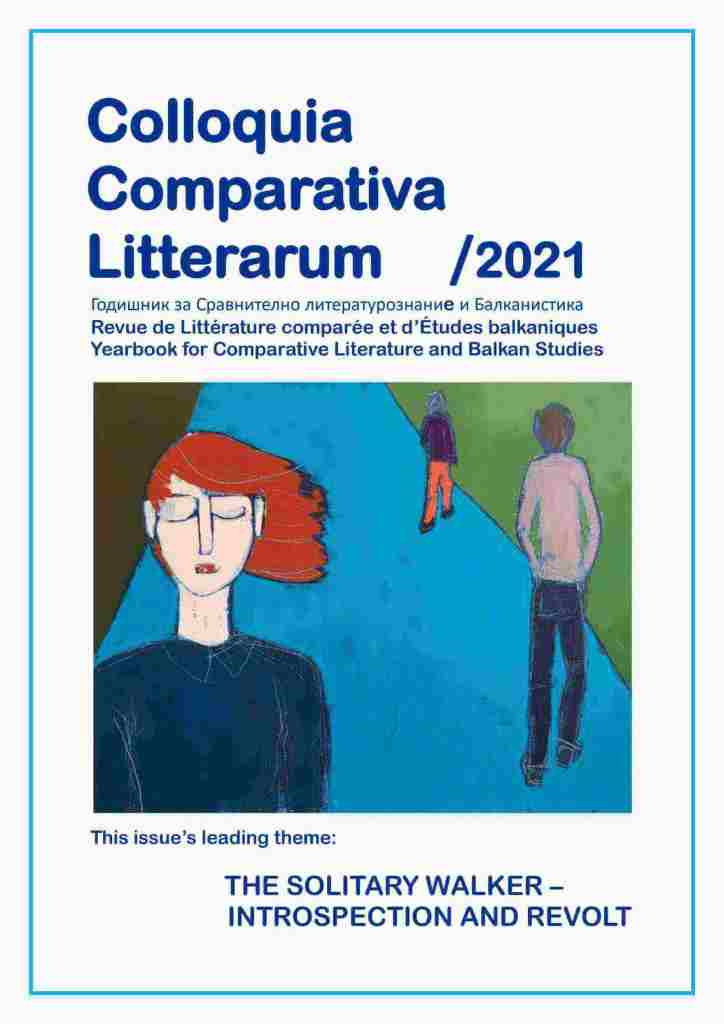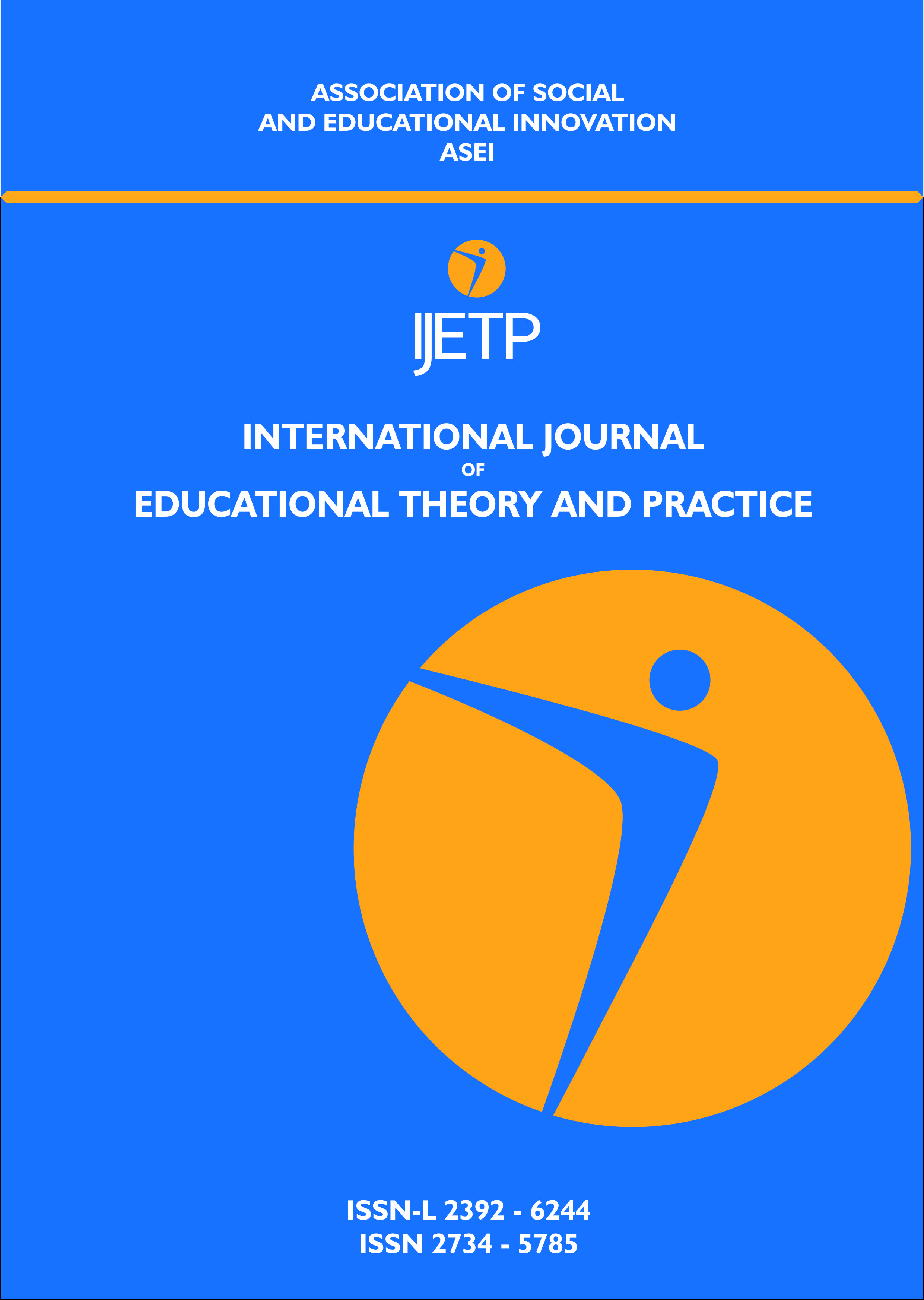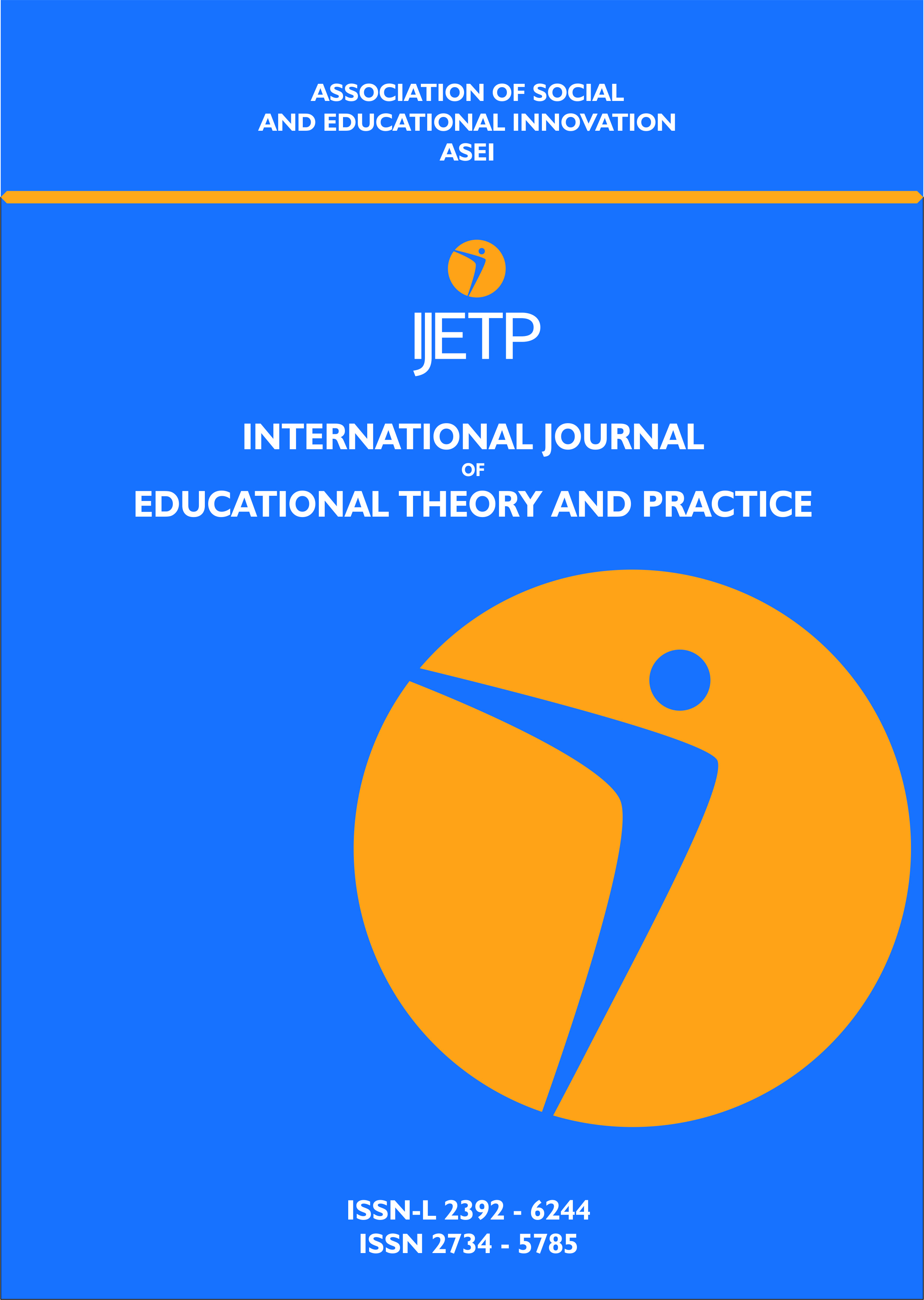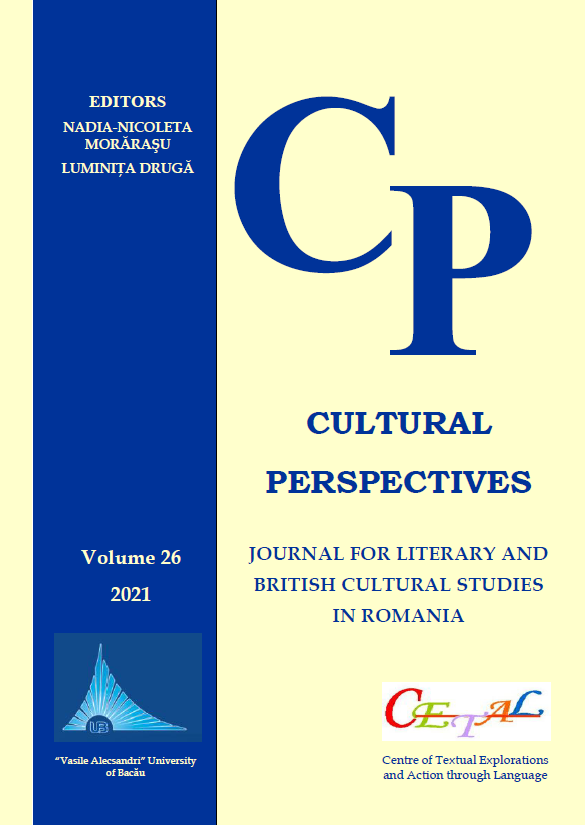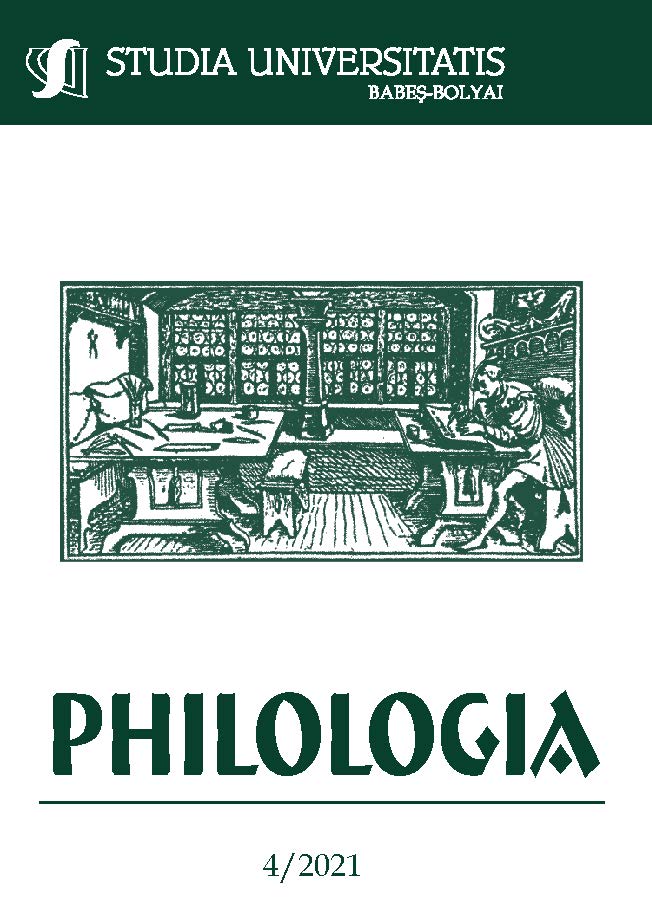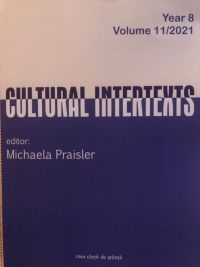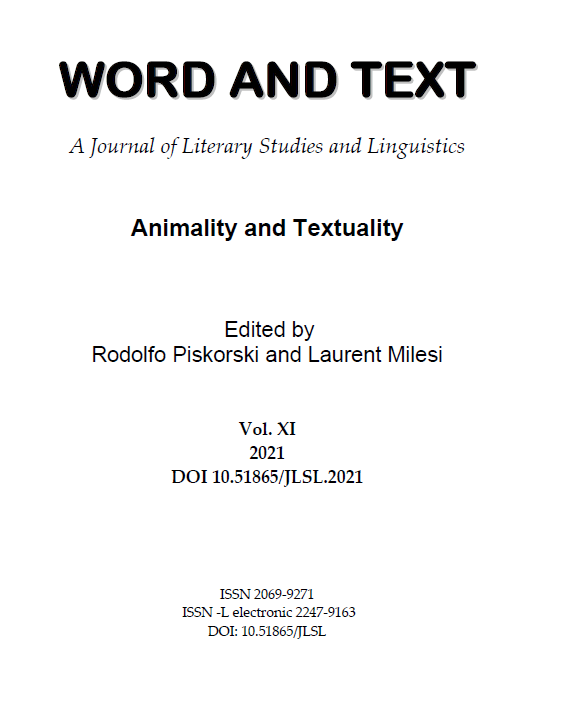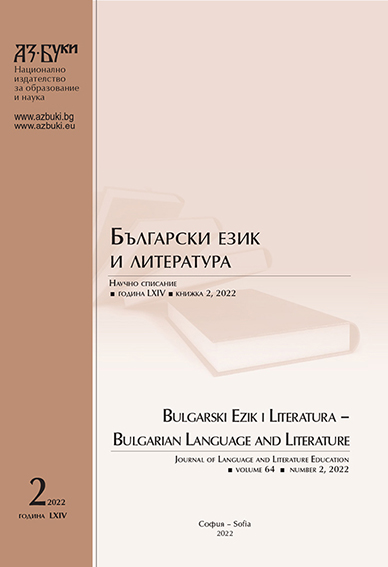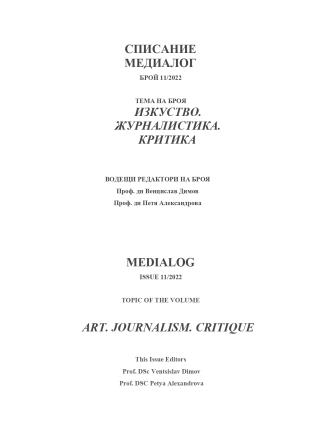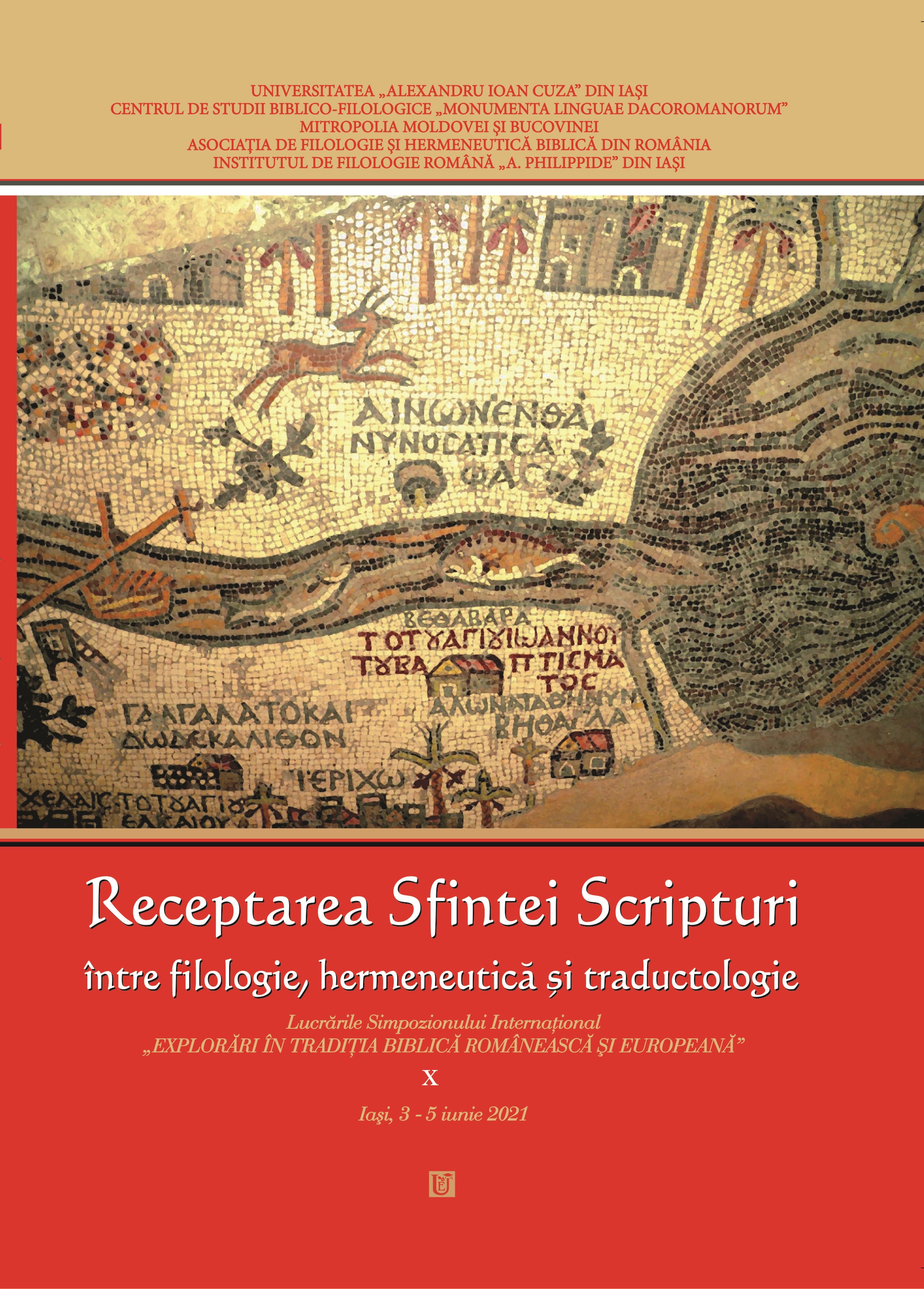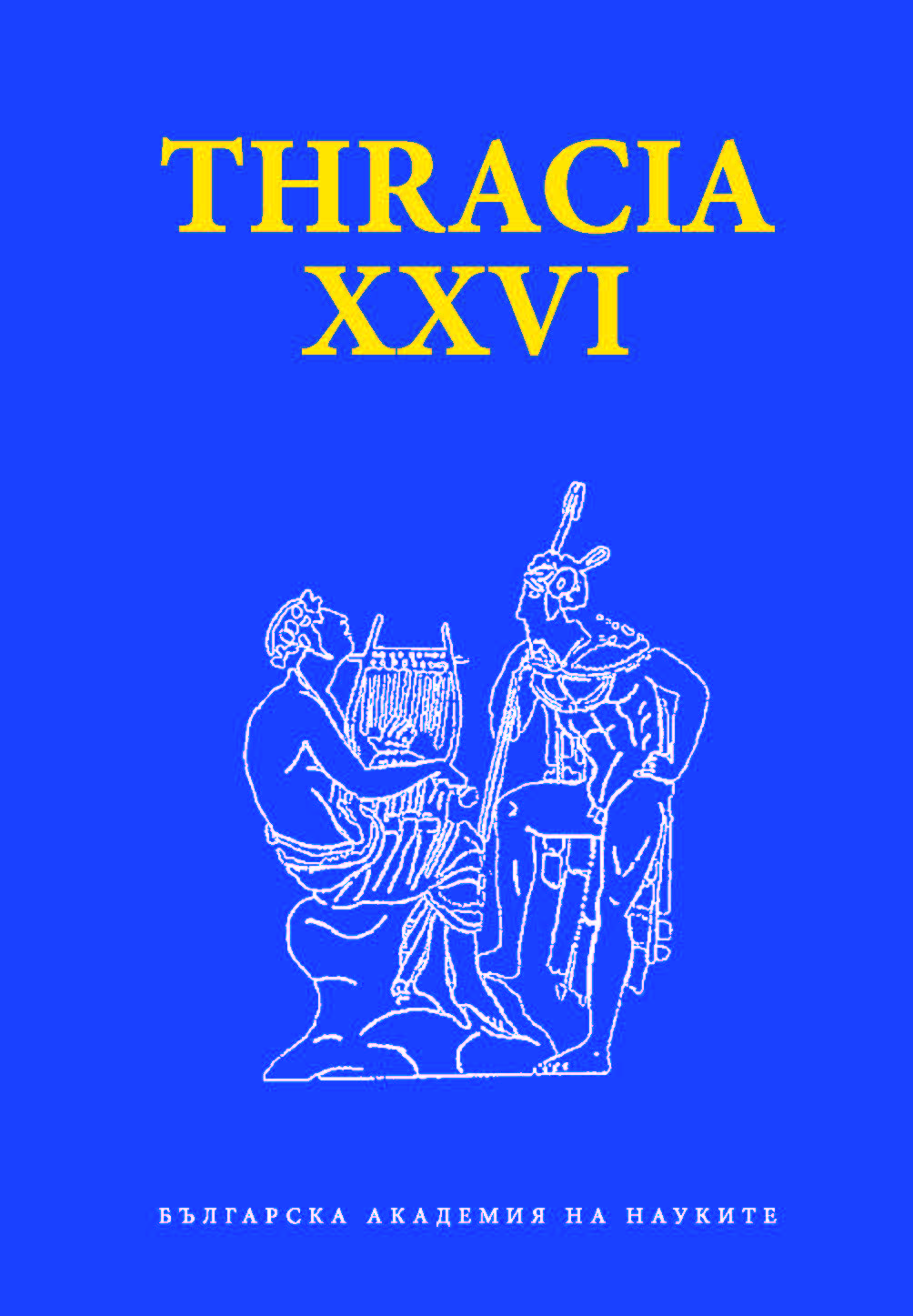Author(s): Attila Kovach,Magdalyna OPACHKO / Language(s): English
Issue: 14/2020
Modern society is interested in specialists competitive at labor market. Today’s school graduates face challenges: to be able to act independently, to make decisions, to realize creative potential, to be mobile, and to quickly adapt to the rapidly changing living conditions. In this context, the system of vocational guidance of student youth is to become more optimistic and its implementation is to be directed on purposeful, constant pedagogical influence on students, support of their choice of profession, and assistance in providing counseling. After all, vocational guidance, which in school life is provided by the efforts of enthusiasts, has a great influence on the formation of professional self-determination of student youth. In addition, we mention students of schools with Hungarian language of instruction, who are mostly focused on Hungary not only due to language issues (which are being solved with interventions of the Ministry of Education and Science of Ukraine), but also due to the lack of comprehensive information on professions available within the country, and ways to convey it to students. Thus, we have a significant percentage of graduates who choose their future life path by the method of “trial and error”.
The search for ways to optimize career guidance work with student youth in the multiethnic region of Transcarpathia has preconditioned the study of the state of the problem of student vocational guidance at practice.
The purpose of research is to study the state of elaboration of the problem of vocational guidance in the practice of educational institutions of Transcarpathia, in particular schools with Hungarian language of instruction.
The research methodology covered three levels: theoretical, diagnostic (ascertaining and formative), and explanatory. The theoretical level made it possible to present generalizations of approaches to the development of basic research concepts, namely: vocational guidance of students, museum-educational environment, means of career guidance in the museum-educational environment, and interactive means.The implementation of the model of vocational guidance of students in the museum-educational environment of Transcarpathia was specified for: a) study of courses of the natural science cycle; b) group, out-of-class and out-of-school activities. The organization of vocational guidance work with students was based on the use of vocational guidance potential of the innovative museum environment, which was the “Museum of Professions”.
The results of experimental work conducted in two stages.
At the first stage we clarified the state of the problem of vocational guidance of students at practice in Transcarpathian schools by means of a questioning of teachers and students. At the second stage, we evaluated the effectiveness of the permanent virtual “Museum of vocational guidance”. The results of empirical research confirmed that the application of the latest means of museum pedagogy in vocational guidance was of great interest to students, as it contributed to the activation of the system of career guidance in schools.
More...
